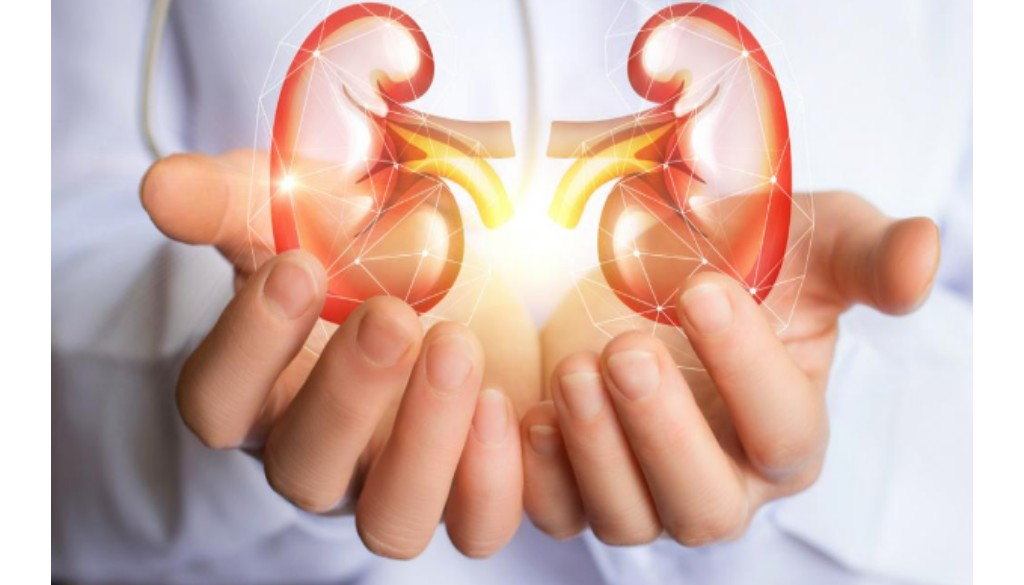Understanding Acute Kidney Injury: Triggers and Contributing Factors

Nation, 11th August 2023: The intricate role that kidneys play in maintaining bodily functions is well recognized, encompassing vital tasks such as waste removal and filtration. However, the equilibrium of these remarkable organs can be disrupted, leading to the onset of Acute Kidney Injury (AKI). Characterized by a sudden and rapid decline in kidney function, AKI is a grave medical condition with potentially extensive ramifications. Shedding light on the factors that can catalyze AKI, Dr. Mohit Khirbat, Senior Consultant Nephrologist at CK Birla Hospital, Gurugram, offers insight into this critical matter.
Primary Factors Culminating in Acute Kidney Injury
Formerly acknowledged as acute renal failure, AKI manifests as an abrupt and potentially reversible deterioration in kidney performance. This decline is commonly gauged through elevated levels of creatinine or a reduction in urine volume.
Dehydration: Dr. Khirbat underscores that dehydration, stemming from causes like nausea, vomiting, or heat-related ailments, can serve as a precursor to AKI. The kidneys play a pivotal role in regulating fluid and electrolyte equilibrium. Depletion of bodily fluids diminishes the volume of blood reaching the kidneys, thereby impinging on their operational efficiency.
Blood Loss: Dr. Khirbat highlights the significance of sudden and substantial blood loss, a consequence of scenarios such as road accidents, trauma, surgical interventions, or childbirth. Profound loss of blood can result in hypovolemia, characterized by diminished blood volume, exerting an adverse impact on kidney function.
Medications: A range of medications, including pain-relievers, aminoglycoside antibiotics, and radiocontrast agents employed in medical imaging, can inflict damage upon kidney tissues or hinder blood supply, potentially precipitating AKI.
Severe Infections: Dr. Khirbat accentuates the role of severe infections as a potential AKI catalyst, particularly when these infections contribute to multi-organ dysfunction and low blood pressure. Systemic inflammation arising from infections can impede kidney function, culminating in AKI.
Urinary Complications: Obstruction within the urinary system’s waste disposal pathway, frequently due to the presence of kidney stones, can propel the onset of AKI. Disruptions in the process of expelling waste through the urinary system can significantly impede kidney performance.
Pre-existing Health Conditions: Underlying ailments such as diabetes, hypertension, and cardiovascular disease amplify the susceptibility to AKI. These conditions can impair the functionality of blood vessels, adversely affecting blood circulation to the kidneys.
Surgical and Medical Procedures: Surgical stress, loss of blood, and exposure to contrast agents utilized in intricate medical procedures can place stress on the kidneys and act as contributing factors to AKI.
Age and Vulnerability: Advanced age and frailty render individuals more prone to AKI due to age-related changes in kidney function and the diminished physiological reserves in the body.








